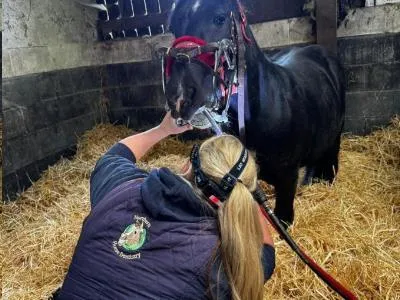Mobile Horse Dentist Covering Yorkshire & Lancashire
Gentle, qualified equine dental care at your yard — improving your horse’s comfort, performance, and wellbeing. Serving owners, riders, and stables across the North with flexible, on-site appointments.
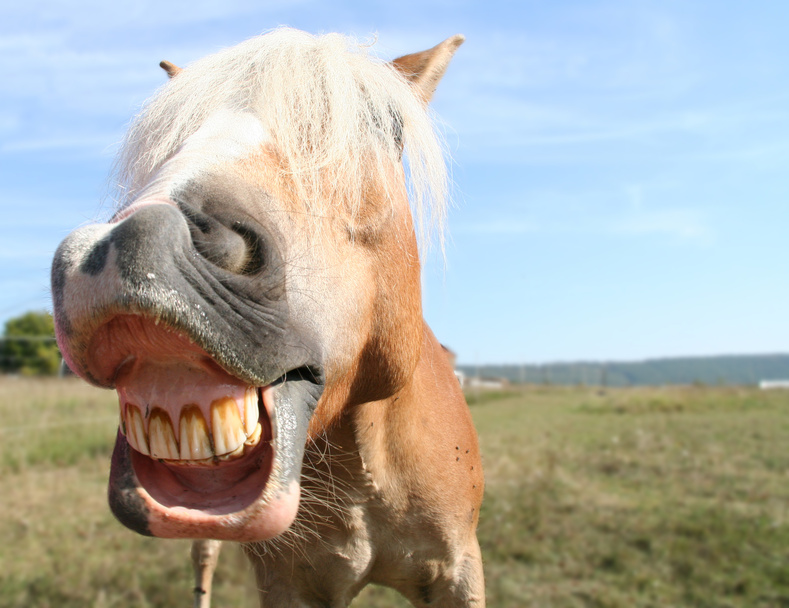
Welcome to Northern Horse Dentistry
Mobile Equine Dental Services in Yorkshire & Lancashire.
Northern Horse Dentistry provides kind, professional, and affordable equine dental care across Yorkshire and Lancashire.
Our services are designed to improve your horse’s comfort, chewing ability, and overall performance. Whether your horse is showing signs of dental discomfort or you’re booking a routine check-up, we ensure a calm, gentle approach that supports your horse’s long-term wellbeing.
About Me
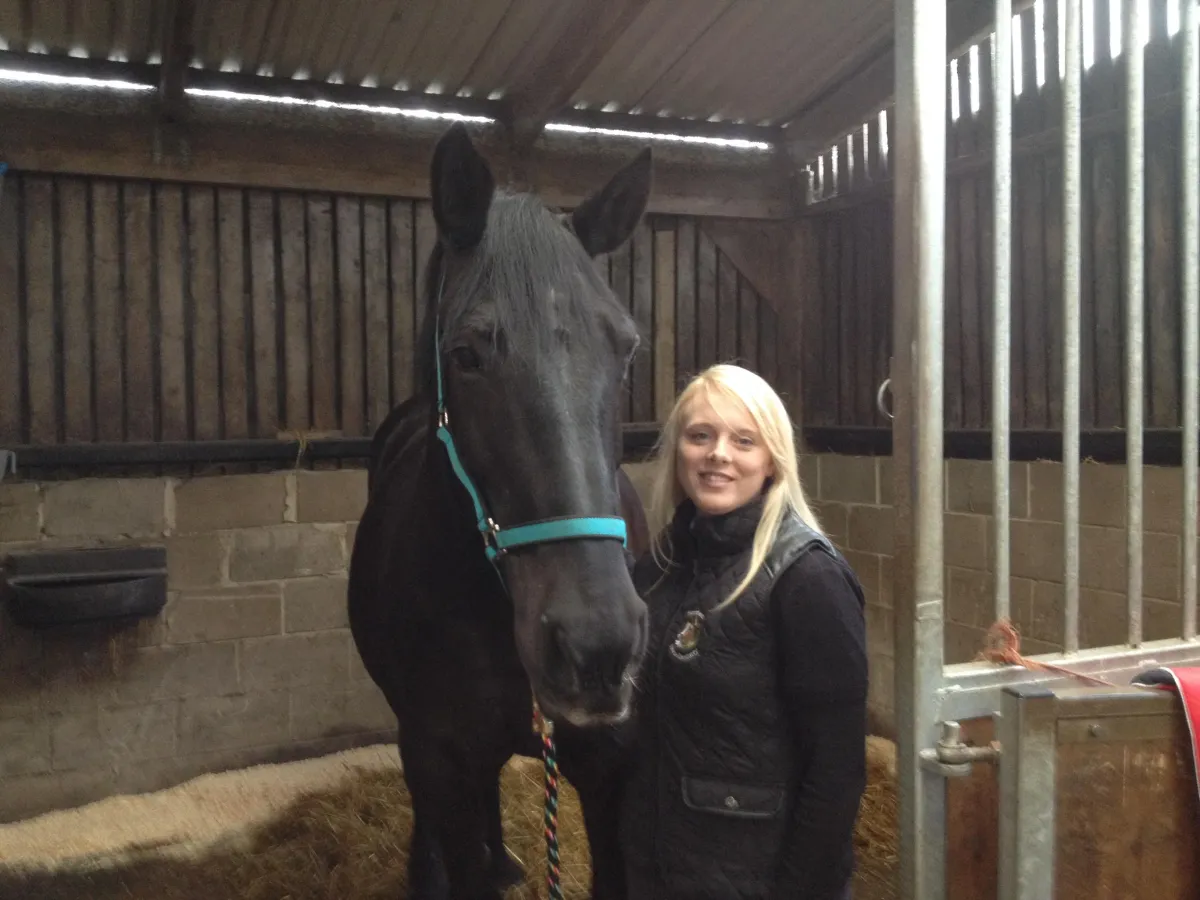
Coming from a family who all rode horses, I was literally put on a horse as soon as I could sit up. I loved everything about the equine species, and so from a young age, I knew that I was destined to have a career working with horses.
I decided to attend Liverpool Vet School and train to become a vet. However, at the end of my 4th year of study, whilst on a break from university, I booked a local EDT to come and perform dental rasps on my own two horses, and I quickly decided this was the profession for me. I was so impressed with the improvement in my horses after being rasped by an EDT, that I contacted the EDT and he offered me an apprenticeship.
I graduated from Liverpool Vet School with a BSc in Animal Science and began working as an apprentice for Antony de Csernatony, of Progressive Horse Dentistry. After completing the apprenticeship, I set up as a sole trader as ‘Northern Horse Dentistry’ in 2010.
Our Location
Equine Information & Services
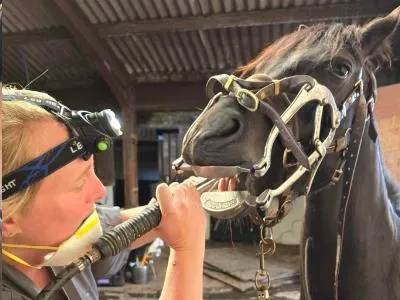
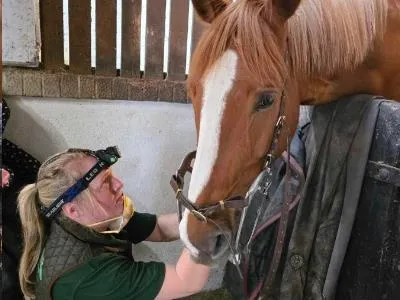
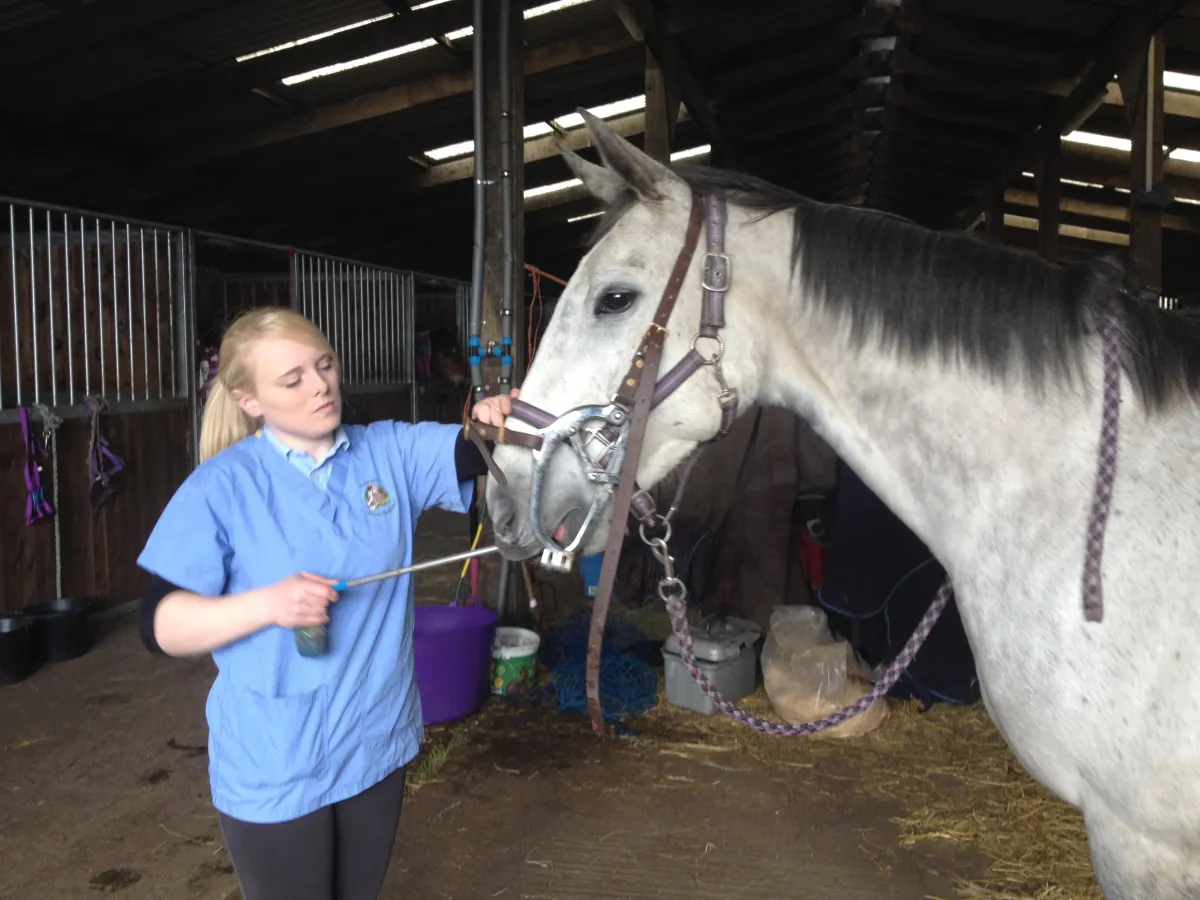
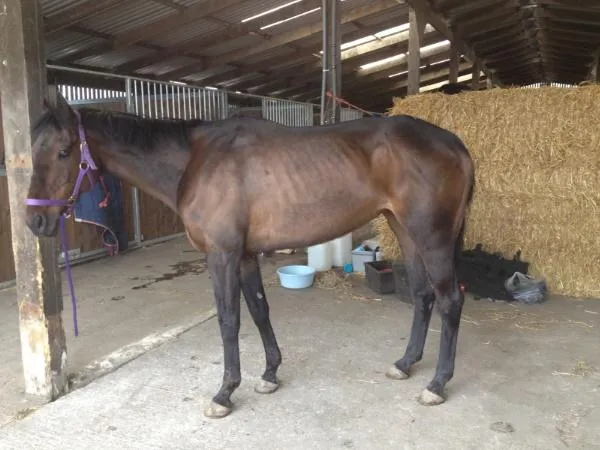
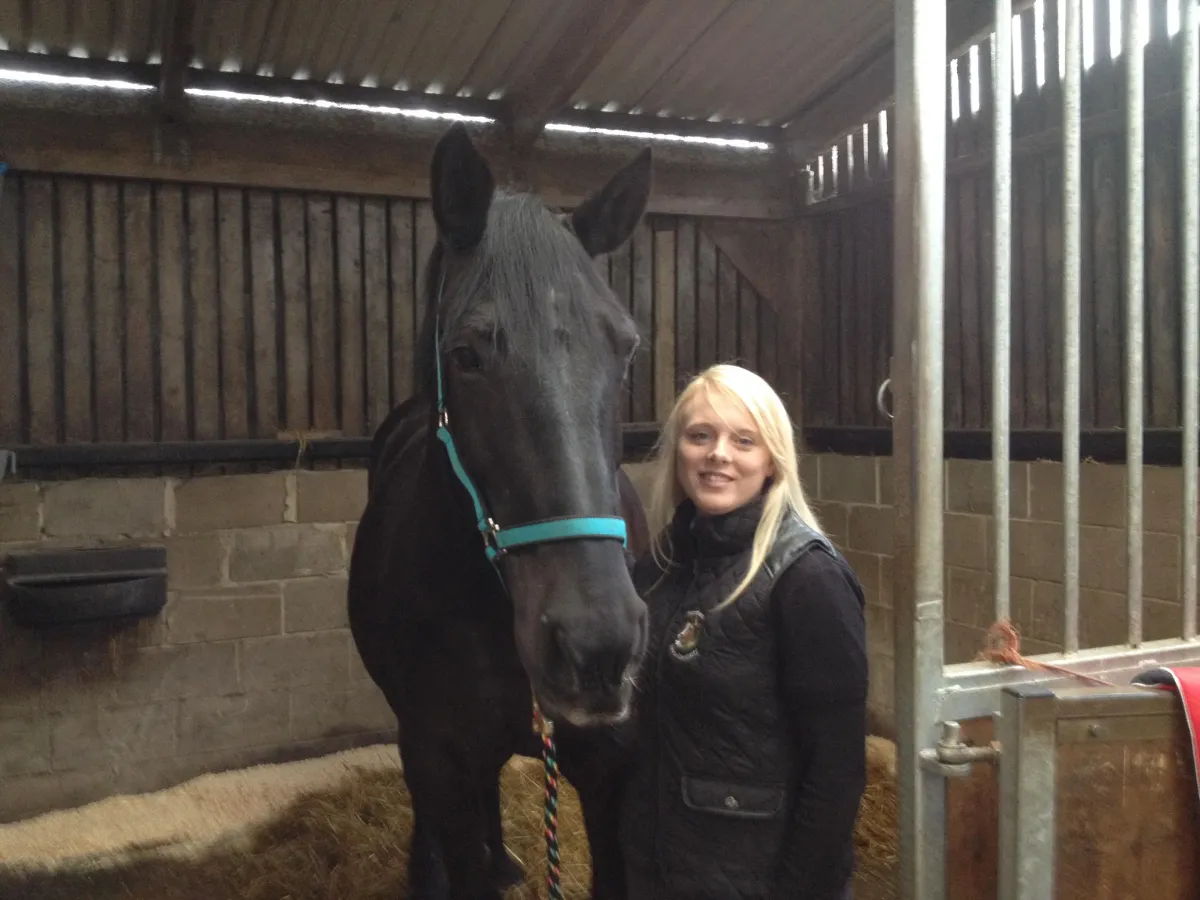


John Doe
We can help you to decrease the frequency and severity of your headaches using our powerful headache treatment program.


John Doe
We can help you to decrease the frequency and severity of your headaches using our powerful headache treatment program.


John Doe
We can help you to decrease the frequency and severity of your headaches using our powerful headache treatment program.


Frequently Asked Questions
Discover answers to common inquiries below
What does a horse dentist do?
A horse dentist (also known as an equine dental technician) performs dental exams and treatments such as teeth rasping, floating, and wolf tooth removal to ensure your horse can eat comfortably and perform well under saddle.
How often should my horse see a dentist?
Most horses should have a dental check-up every 6 to 12 months. Regular visits help prevent sharp edges, uneven wear, and dental problems that could affect eating and behaviour.
What are the signs my horse needs dental work?
Common signs include dropping feed, resisting the bit, head tossing, weight loss, and bad breath. If you notice any of these symptoms, book an equine dental appointment promptly.
What is horse teeth rasping?
Horse teeth rasping (also called floating) involves gently filing down sharp edges or uneven surfaces on a horse's teeth, improving comfort and chewing efficiency.
Why is mobile horse dentistry beneficial?
Mobile horse dentists offer on-site visits, reducing stress for the horse and making it easier for owners to schedule regular dental care without transporting the animal.
Do all horses need wolf tooth removal?
Not always. Wolf teeth are small, often problematic teeth located in front of the first cheek teeth. If they interfere with the bit or cause discomfort, removal is usually recommended.
Is sedation required for horse dental treatments?
Sedation may be used for safety and precision, especially if a horse is anxious or undergoing a more complex procedure like tooth extraction or extensive rasping.
Can dental issues affect my horse’s performance?
Yes. Dental pain can lead to resistance under saddle, difficulty accepting the bit, head shaking, and behavioural changes that hinder training and riding.
Gentle, qualified equine dental care at your yard , improving your horse’s comfort, performance, and wellbeing. Serving owners, riders, and stables across the North with flexible, on-site appointments.

Gentle, qualified equine dental care at your yard — improving your horse’s comfort, performance, and wellbeing. Serving owners, riders, and stables across the North with flexible, on-site appointments.
